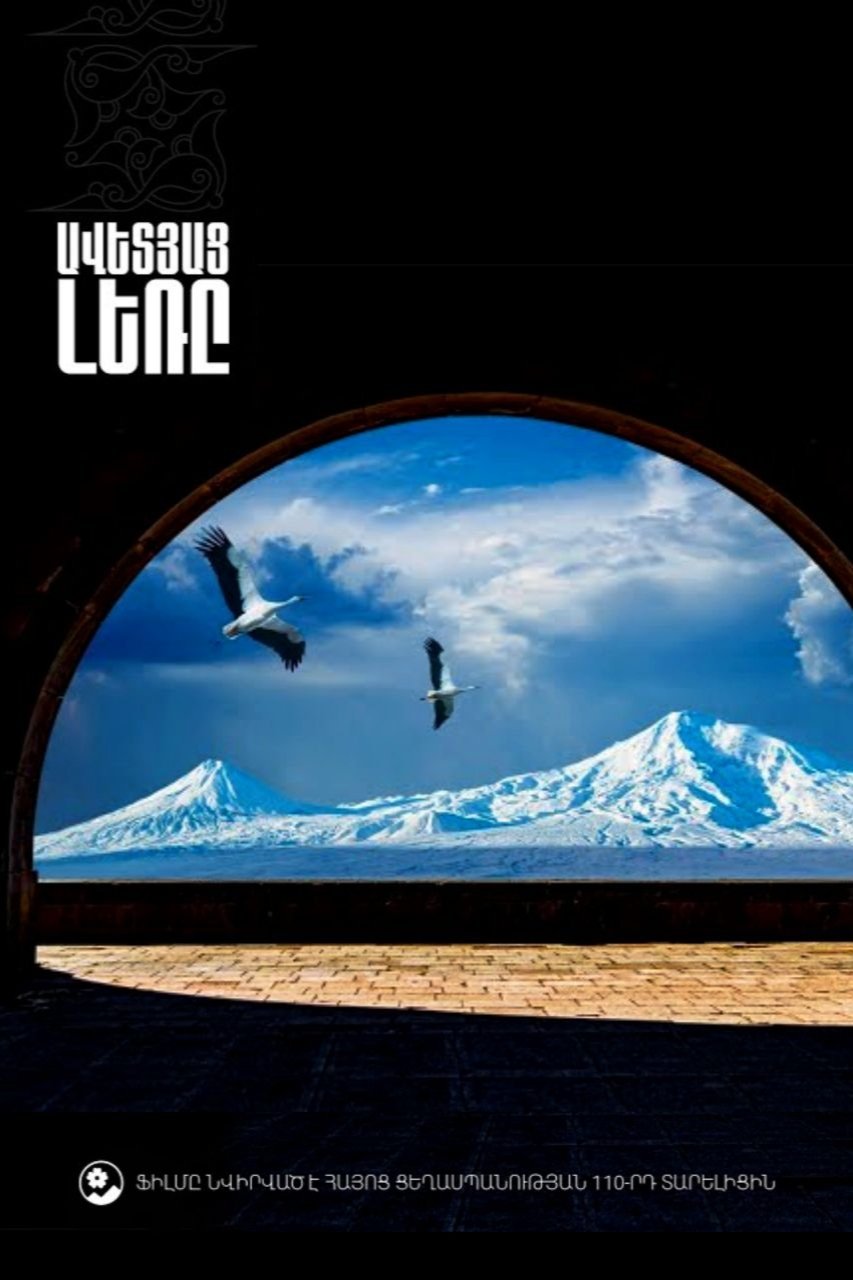
Can a government aligned with a pro-Turkish vector force the abandonment of Ararat, a symbol of the Armenian people? Could their efforts succeed over time in leading to the forgetfulness of national values such as the Armenian language, Christianity, the historical homeland, and the Genocide? These questions are raised in the documentary The Promised Mountain, dedicated to the 110th anniversary of the Armenian Genocide.
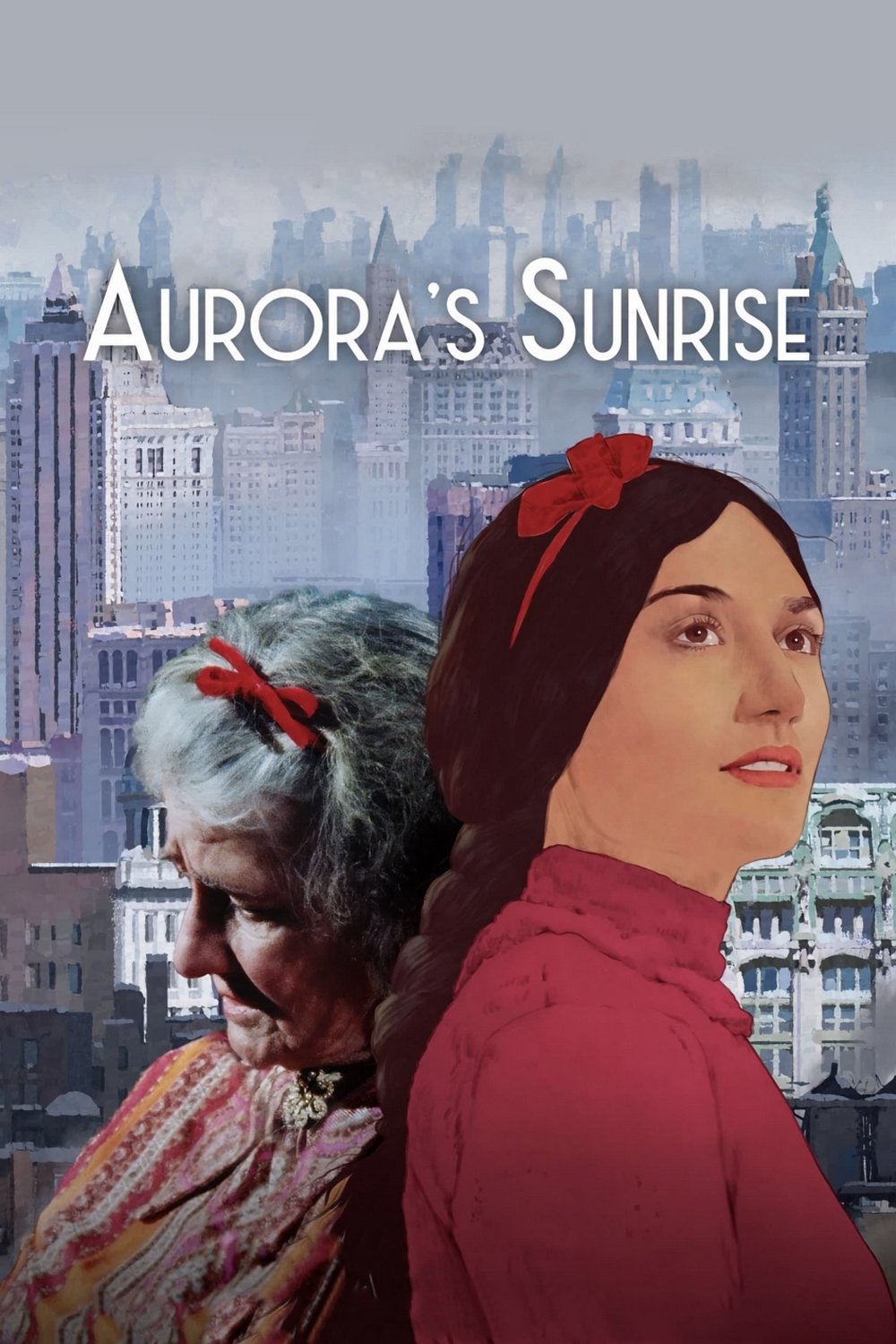
The story of how Aurora Mardiganian (1901-94), a survivor of the Armenian genocide perpetrated by the Ottoman Empire (1915-17), became a Hollywood silent film star.
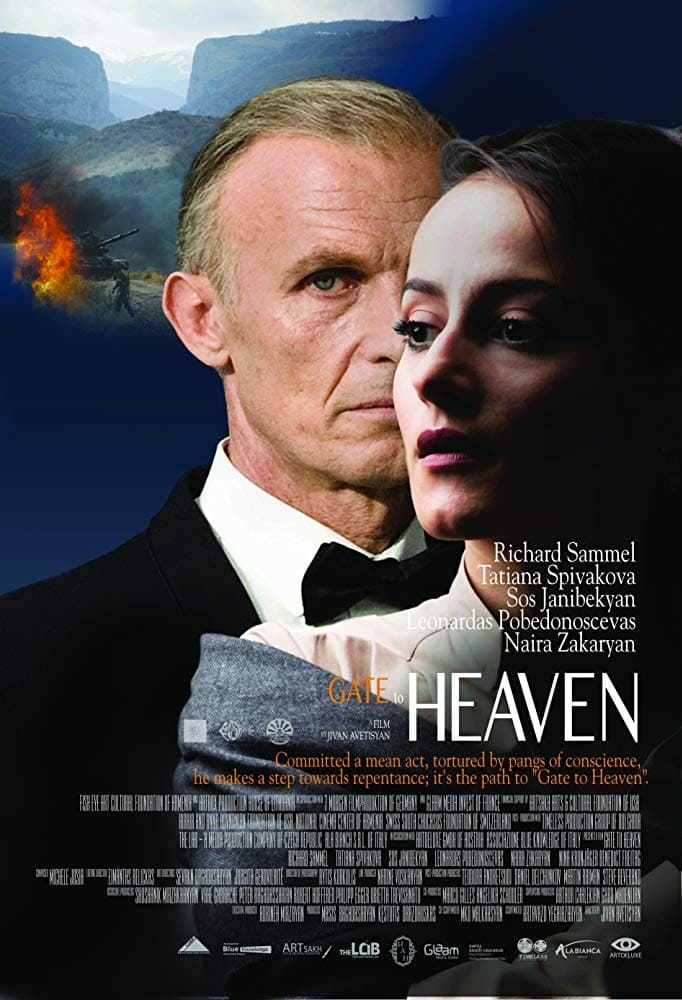
Robert Sternvall, a German journalist, returns to Artsakh in 2016 to cover the war which has been reignited after a 22-year ceasefire. In the result of his journalistic investigation, Robert meets Sophia, a young opera singer, who happens to be the daughter of missing photojournalist Edgar Martirosyan, whom Robert abandoned in captivity during the fall of the village of Talish in 1992. Robert and Sophia’s frequent rendezvouses ignite a passionate romance...
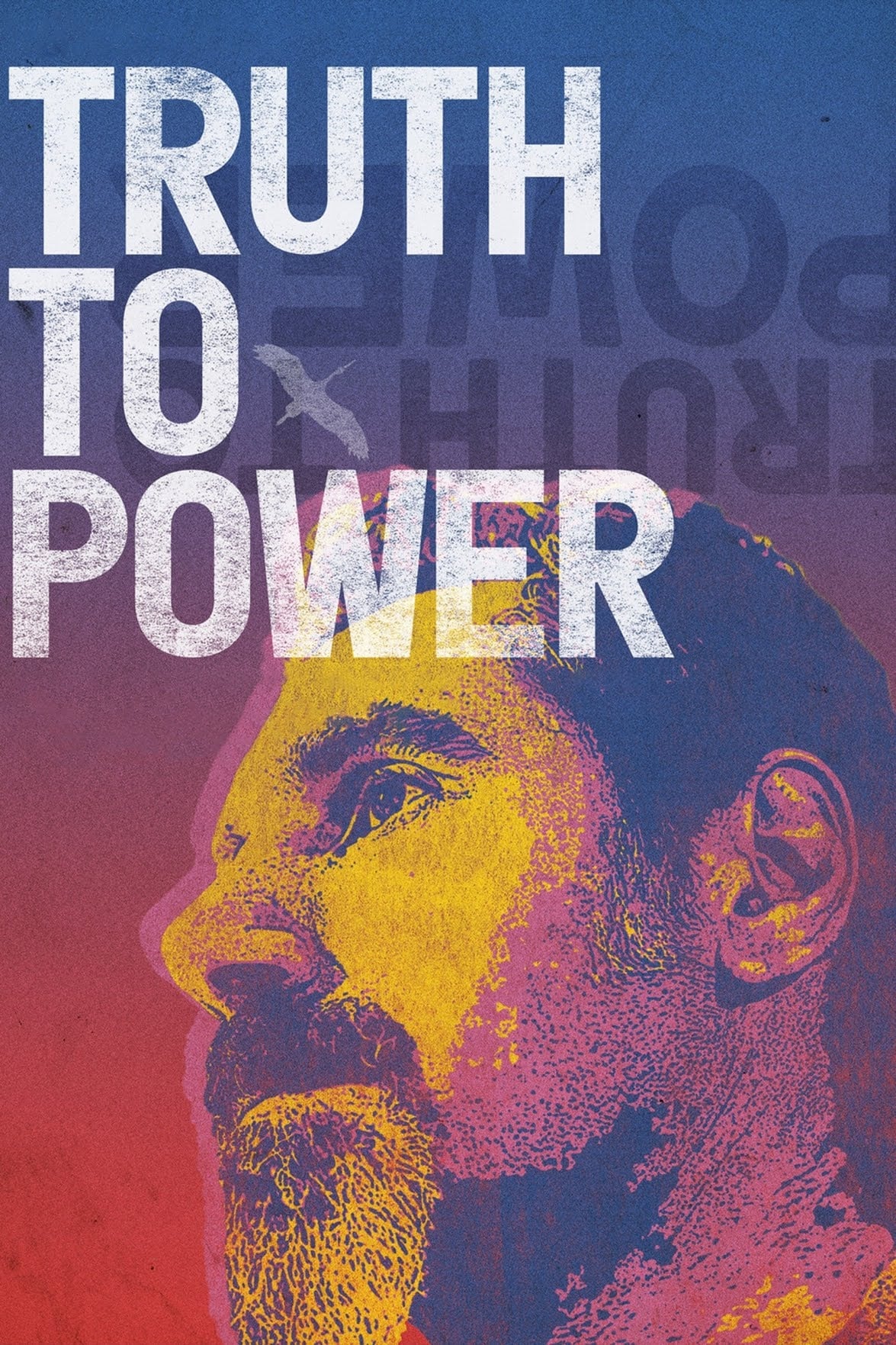
The Grammy-winning lead singer of System of a Down, Serj Tankian helps to awaken a political revolution on the other side of the world, inspiring Armenia's struggle for democracy through his music and message.
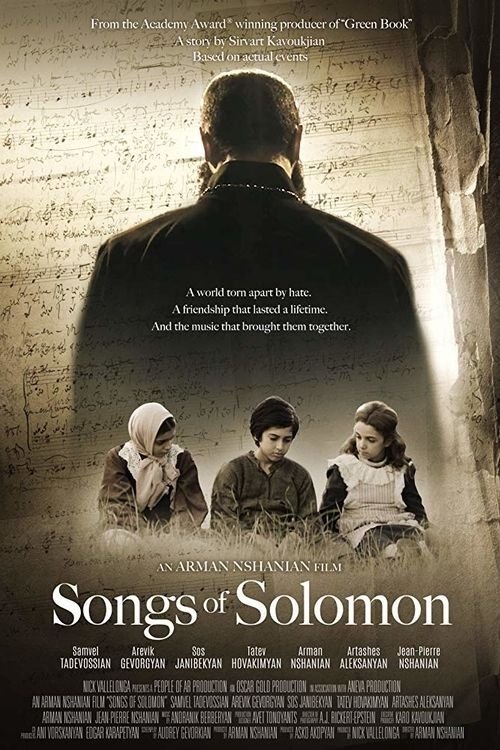
Inspired by true events, this is a film about a childhood friendship, torn apart by the horrific Hamidian massacres infiltrated by the Ottoman Empire under the rule of Sultan Abdul Hamid II (1894-1896).
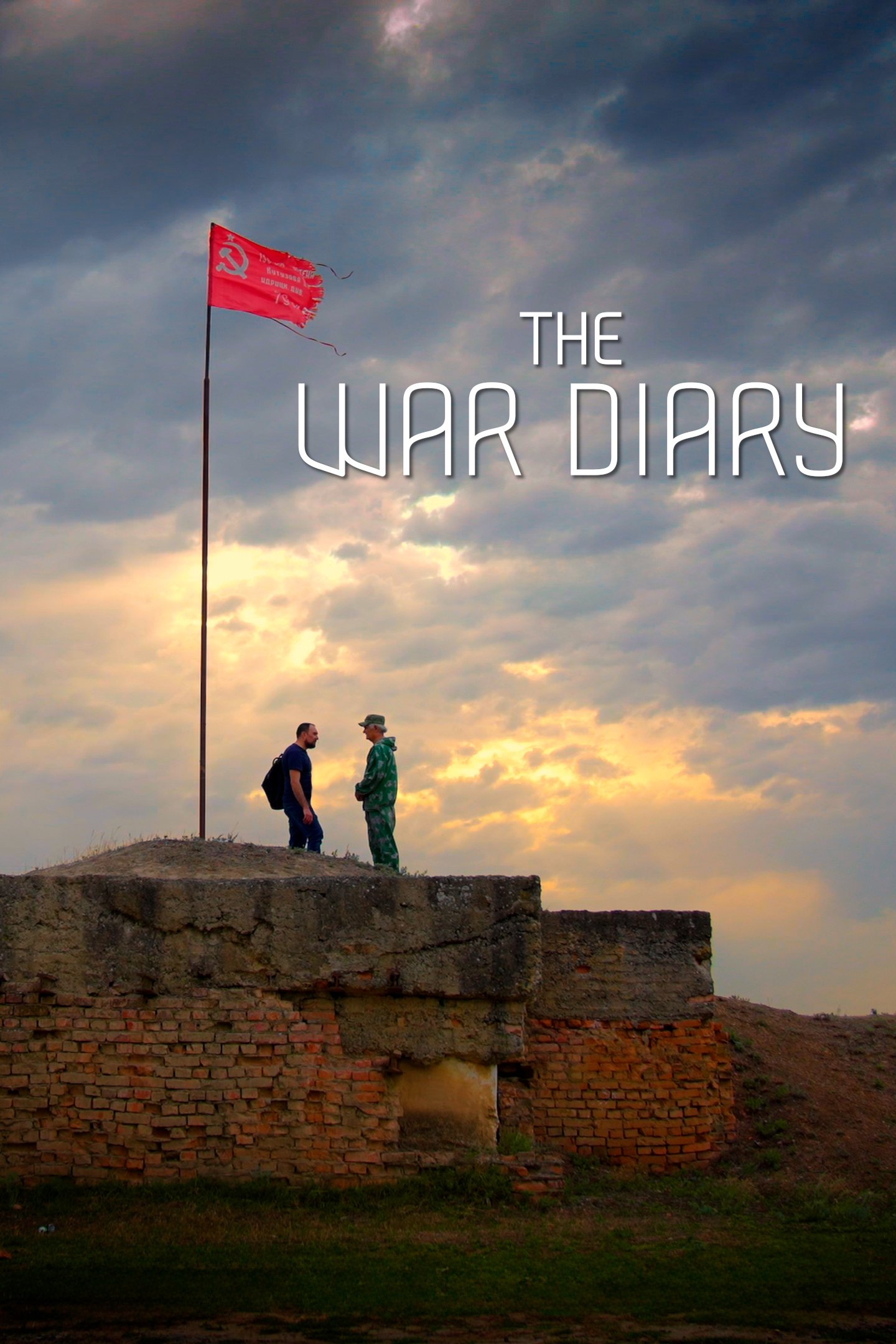
The War Diary is a contemporary road movie that confronts history with the current reality of Russia, Ukraine, Armenia and Georgia. An extraordinary document leads Hakob Melkonyan to undertake the journey of a lifetime:
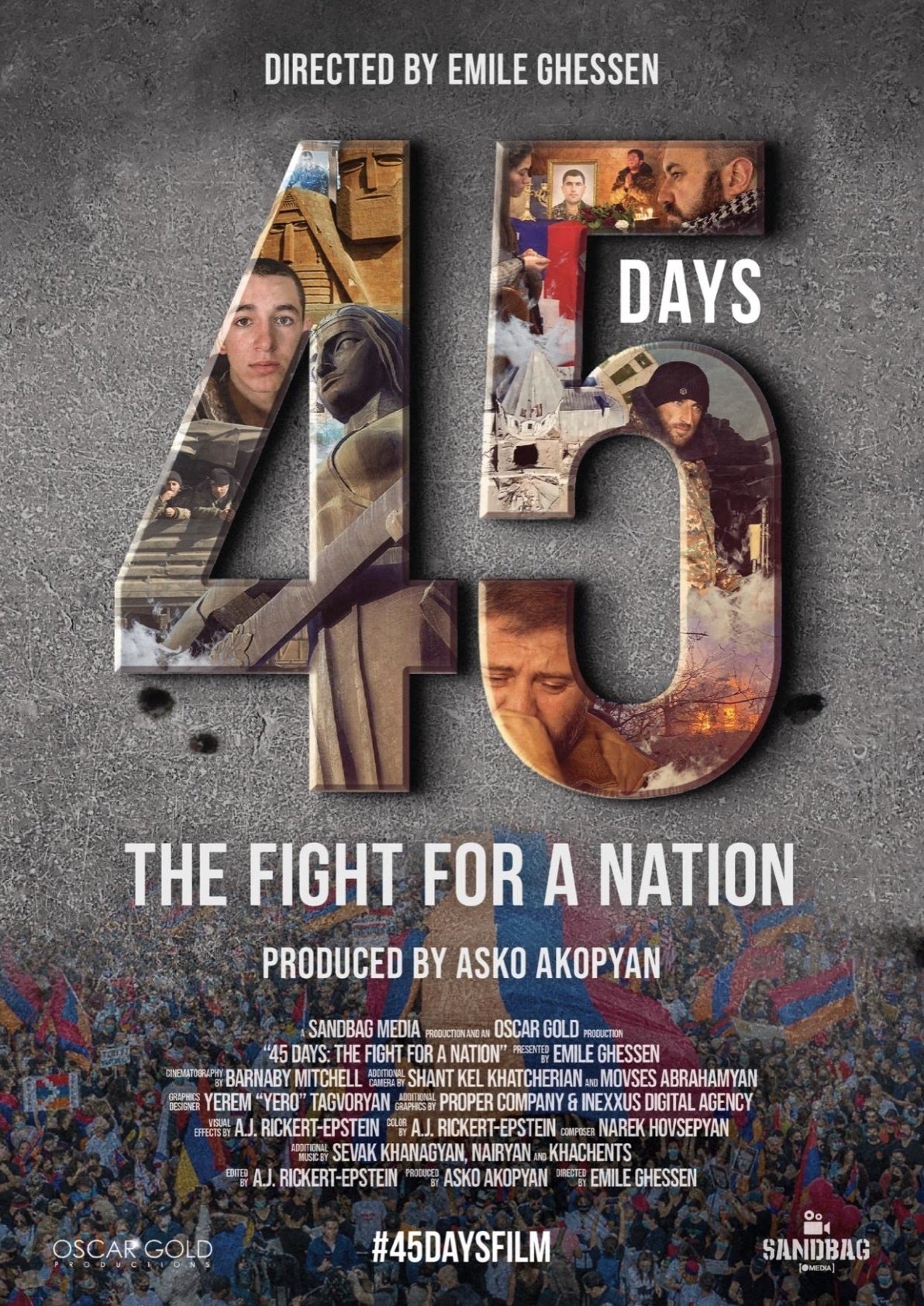
A feature documentary presented and directed by former Royal Marines Commando Emile Ghessen. The documentary tells the story of the 2020 war between Armenia and Azerbaijan over the disputed region of Nagorno Karabakh. In the fall of 2020, Armenia and Azerbaijan fought a brutal bloody war. Azerbaijan won, decisively. The feature documentary 45 Days: The Fight for a Nation tells the story of this conflict, from the Armenian perspective, focusing on the human cost of war and its impact on the large Armenian diaspora.
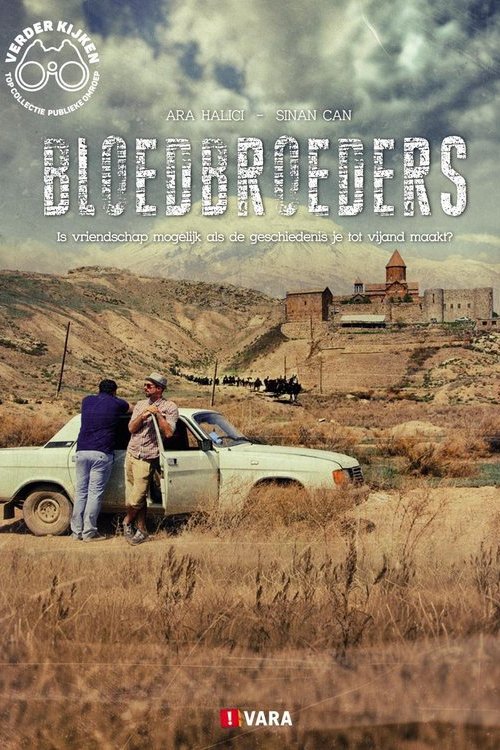
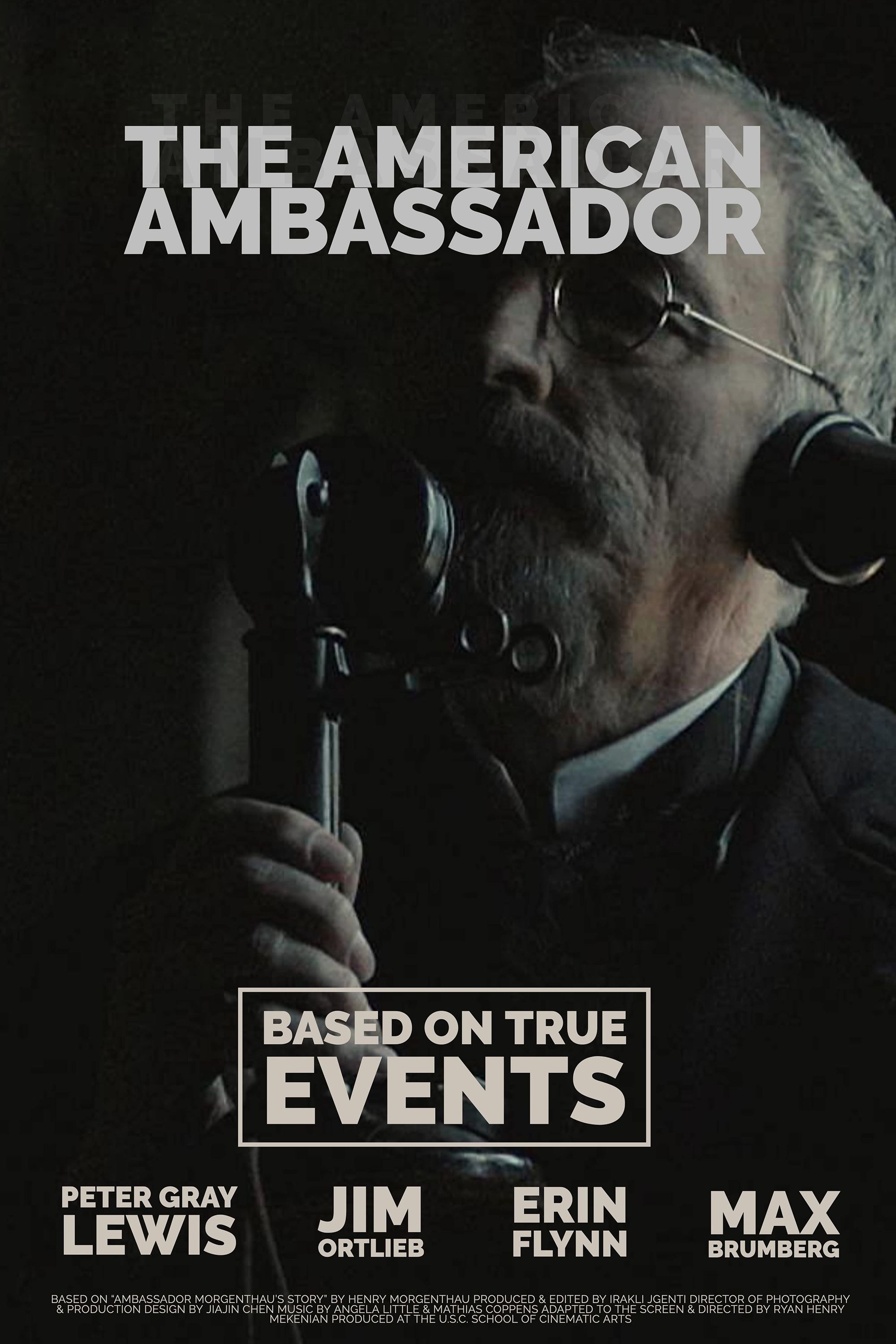
U.S. Ambassador Henry Morgenthau risks his job and his reputation by leaking memos to the New York Times and becoming the first whistleblower of the Armenian Genocide. (Based on "Ambassador Morgenthau's Story" by Henry Morgenthau)

Turkey's history has been shaped by two major political figures: Mustafa Kemal (1881-1934), known as Atatürk, the Father of the Turks, founder of the modern state, and the current president Recep Tayyıp Erdoğan, who apparently wants Turkey to regain the political and military pre-eminence it had as an empire under the Ottoman dynasty.
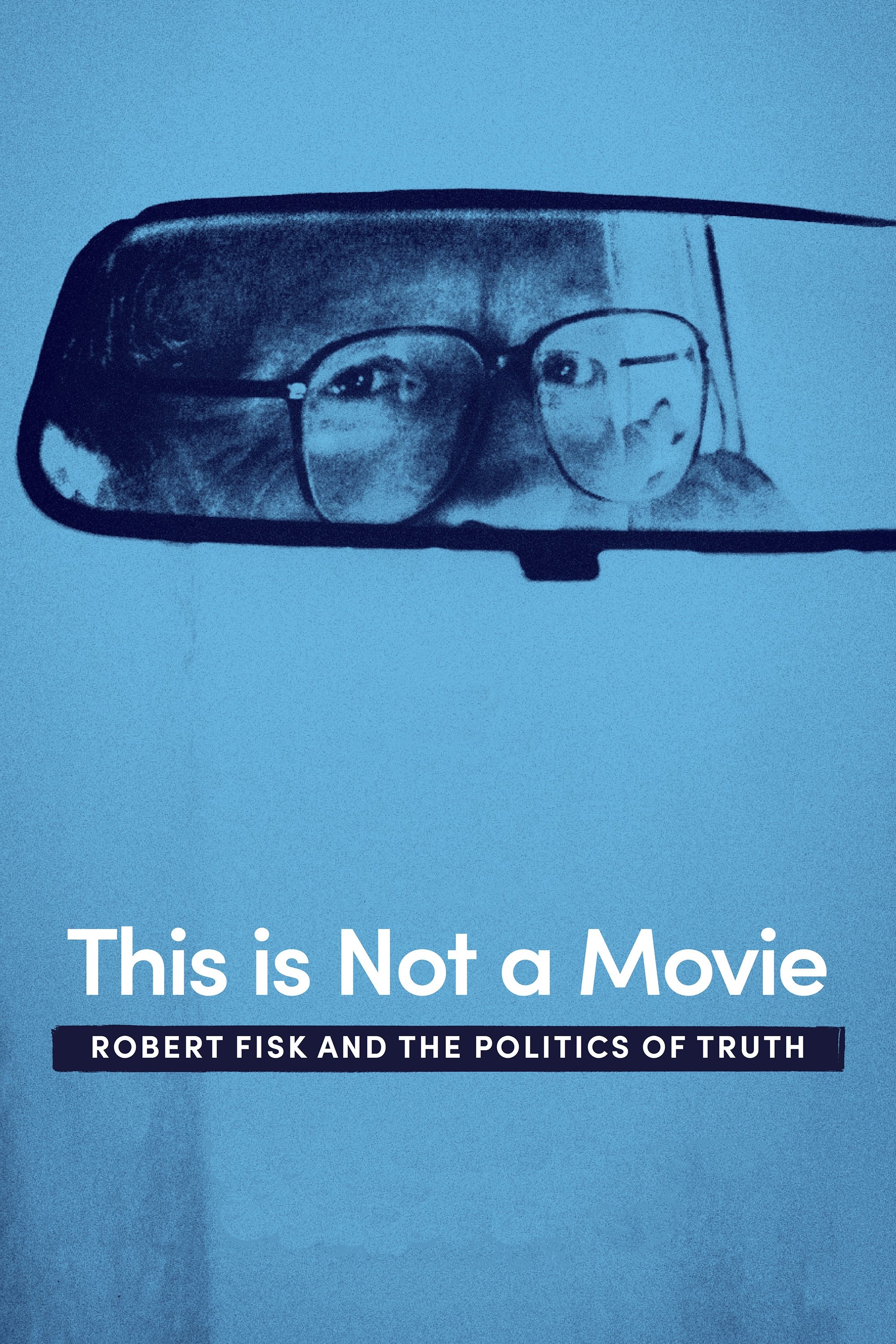
For more than forty years, British journalist Robert Fisk has reported on some of the most violent conflicts in the world, from Northern Ireland to the Middle East, always with his feet on the ground and a notebook in hand, travelling into landscapes devastated by war, ferreting out the facts and sending reports to the media he works for with the ambition of catching the interest of an audience of millions.
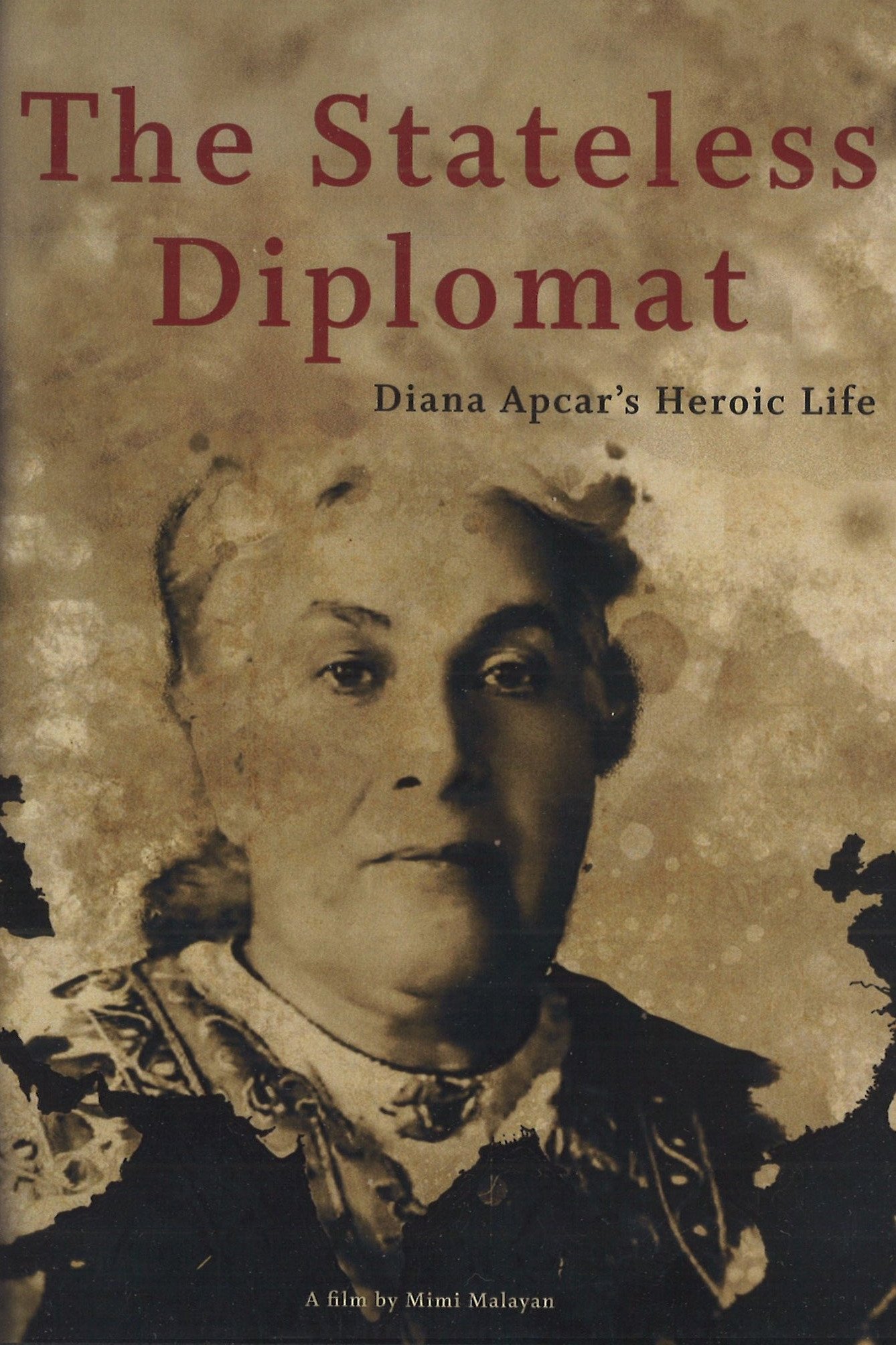
Diana Apcar, a 19th century Armenian writer living in Japan, becomes the de facto ambassador of a lost nation.

Though both the historical and modern-day persecution of Armenians and other Christians is relatively uncovered in the mainstream media and not on the radar of many average Americans, it is a subject that has gotten far more attention in recent years.
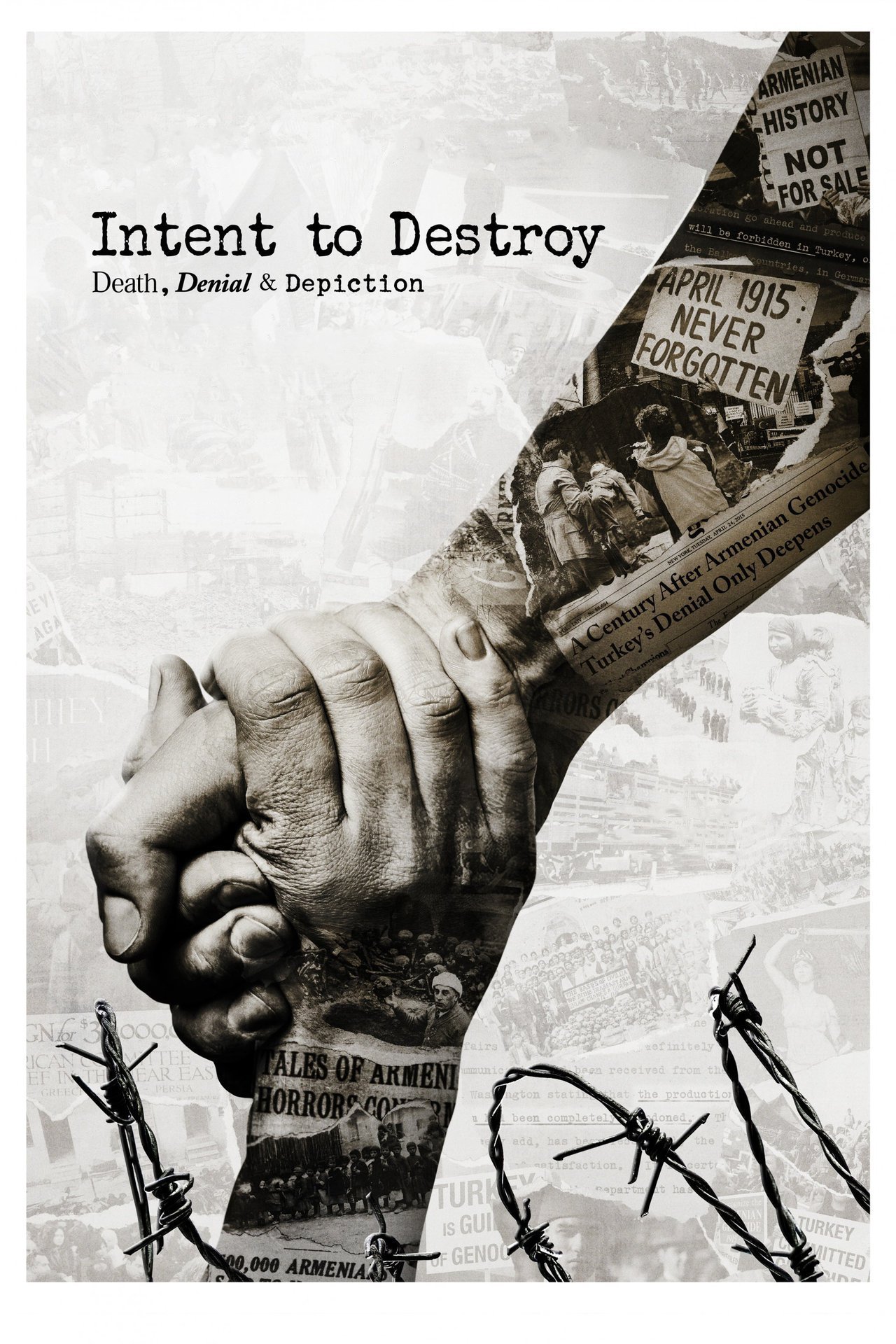
INTENT TO DESTROY embeds with a historic feature production as a springboard to explore the violent history of the Armenian Genocide and legacy of Turkish suppression and denial over the past century.
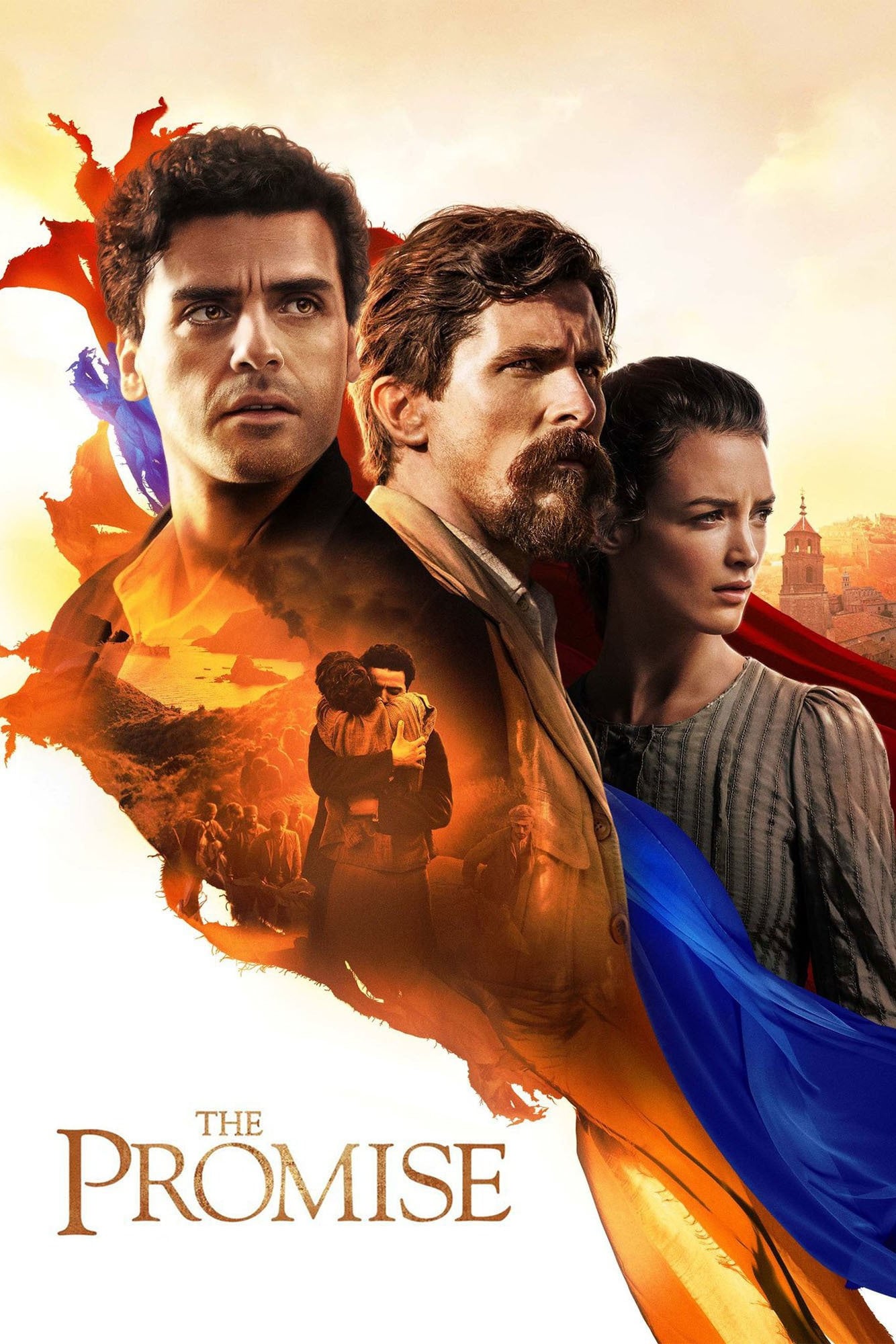
Set during the last days of the Ottoman Empire, a love triangle develops between Mikael, a brilliant medical student, the beautiful and sophisticated artist Ana, and Chris, a renowned American journalist based in Paris.
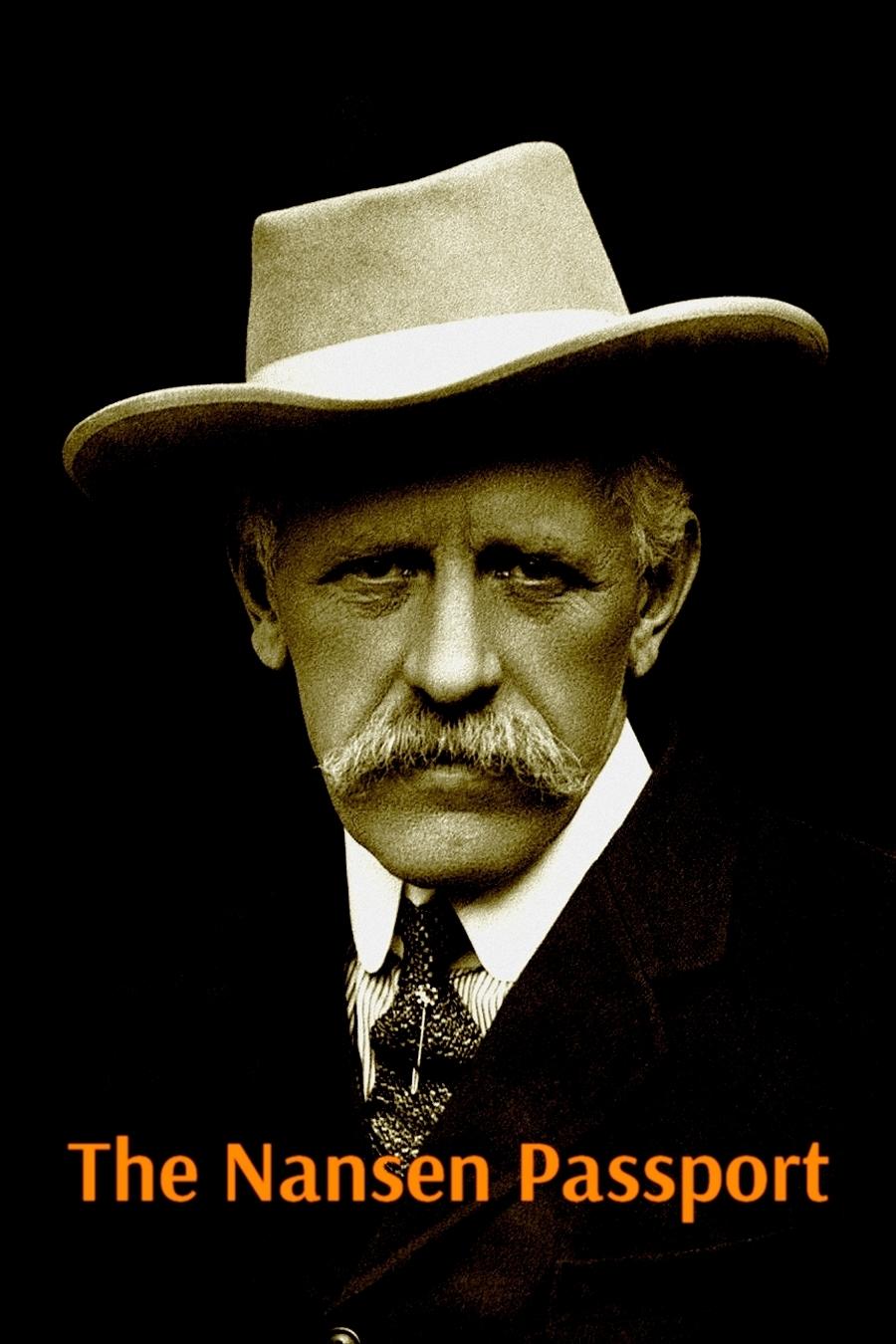
On July 5th, 1922, Norwegian explorer, scientist and diplomat Fridtjof Nansen creates a passport with which, between 1922 and 1945, he managed to protect the fundamental human rights as citizens of the world of thousands of people, famous and anonymous, who became stateless due to the tragic events that devastated Europe in the first quarter of the 20th century.
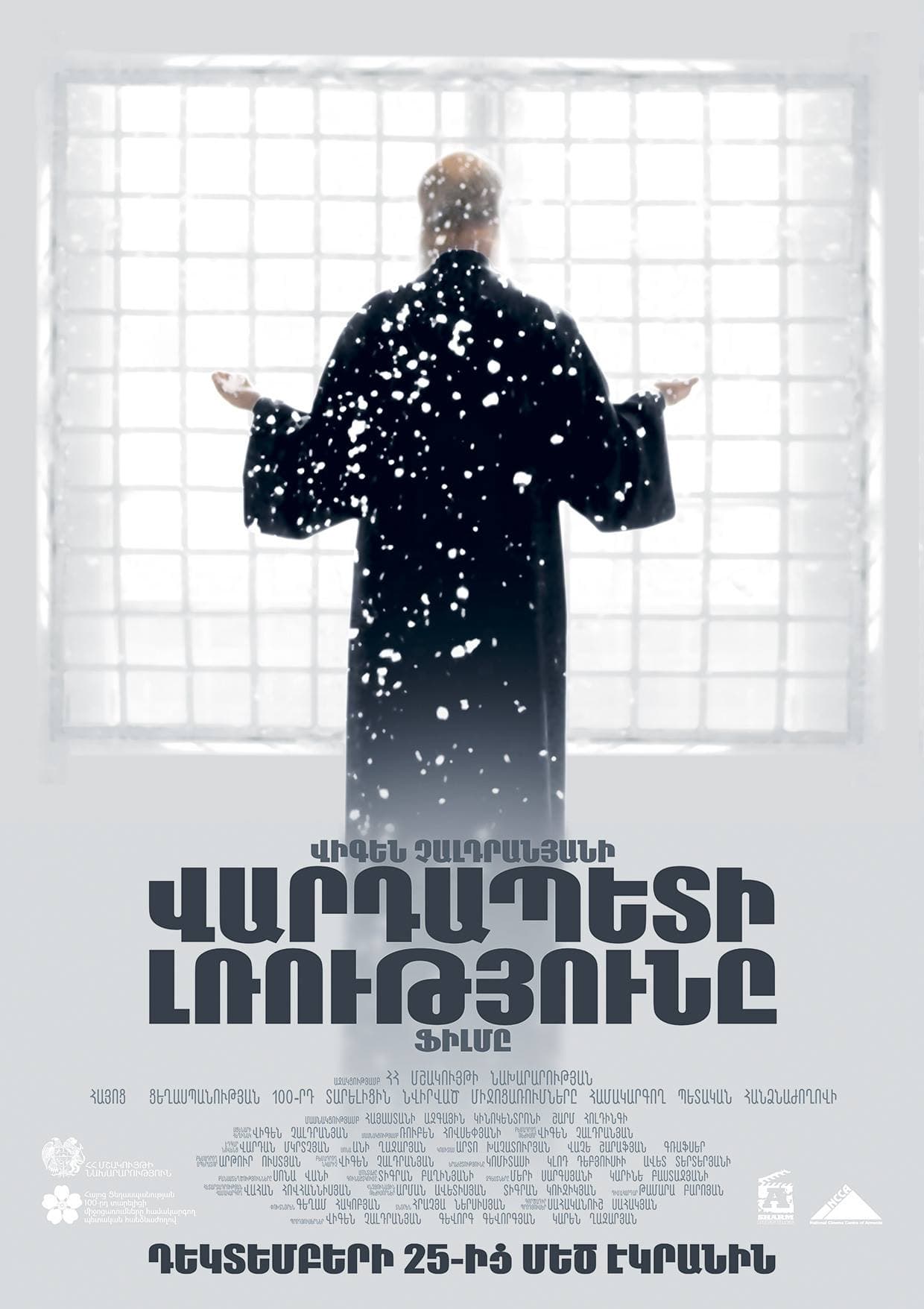
A film about the great Komitas, one of the victims of the Armenian Genocide, who wasn't killed, but went crazy and kept silence for 20 years
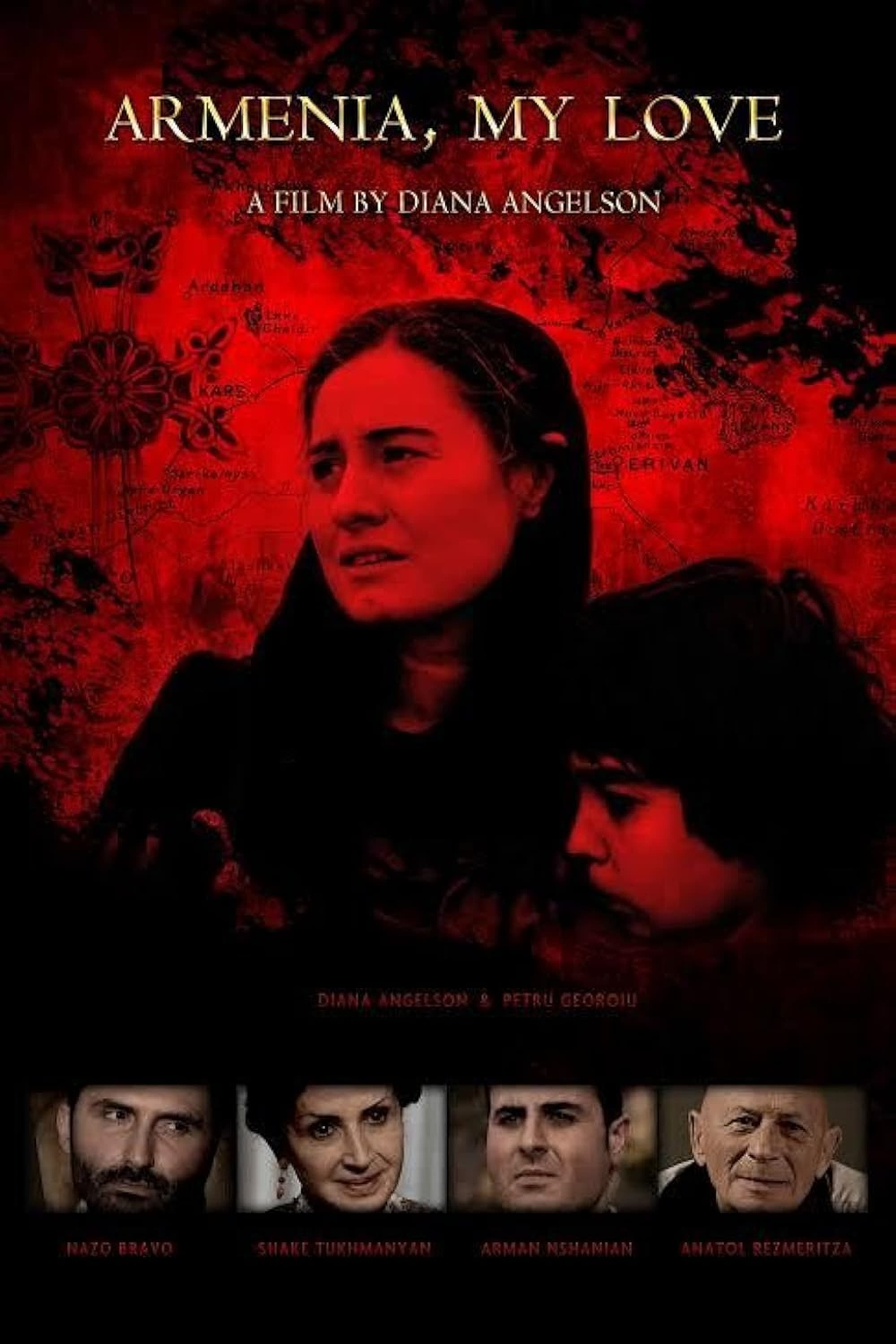
The destiny of a happy Armenian family will change forever in 1915, Ottoman Empire, (Armenian land), now Turkey and whose beautiful dreams will become memories in the eyes of the most famous Armenian American painter, who lives to paint the story of his shattered childhood.
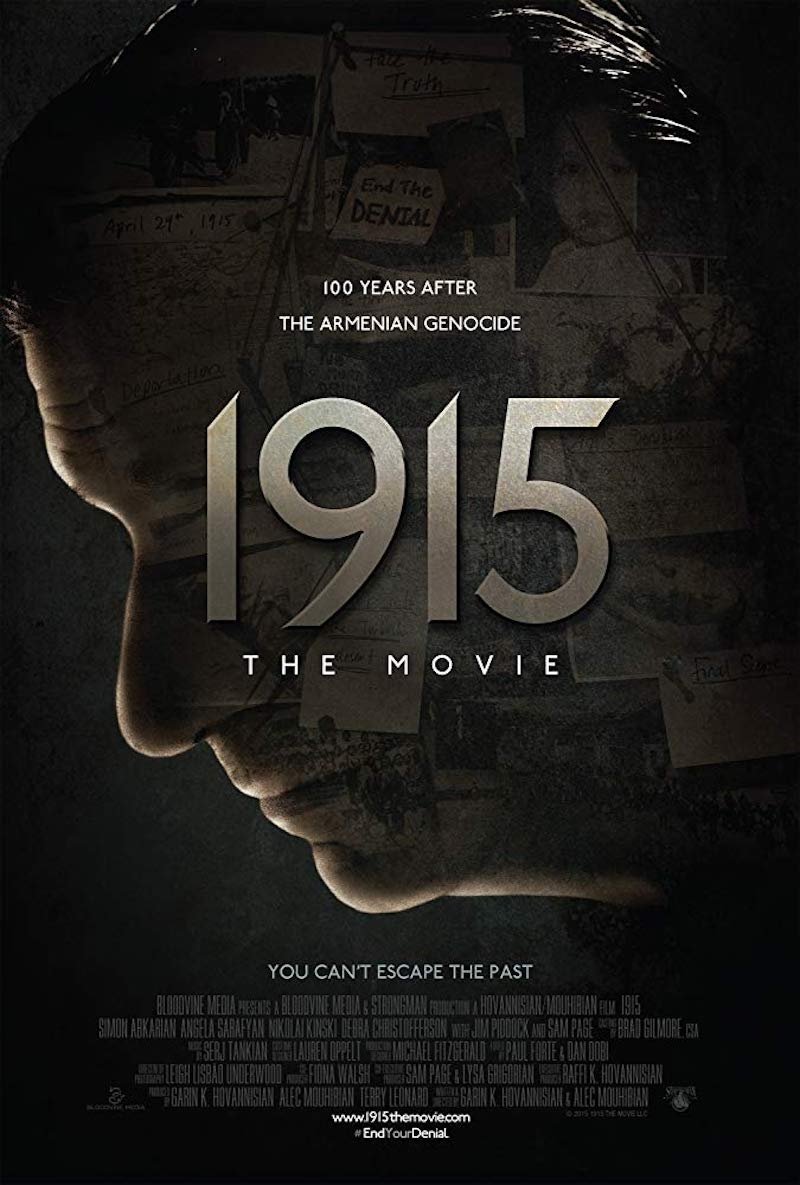
Exactly 100 years after the Armenian Genocide, a theatre director stages a play to bring the ghosts of the past back to life.
In 2015, we created this cell animation short to commemorate the Armenian Genocide Centenary. To the date, the Turkish government still denies the genocide took place, dodging their responsibility. 100 years will have passed this April 24th, and Armenians will keep on fighting for justice. This is a small tribute to the 1.500.000 victims.
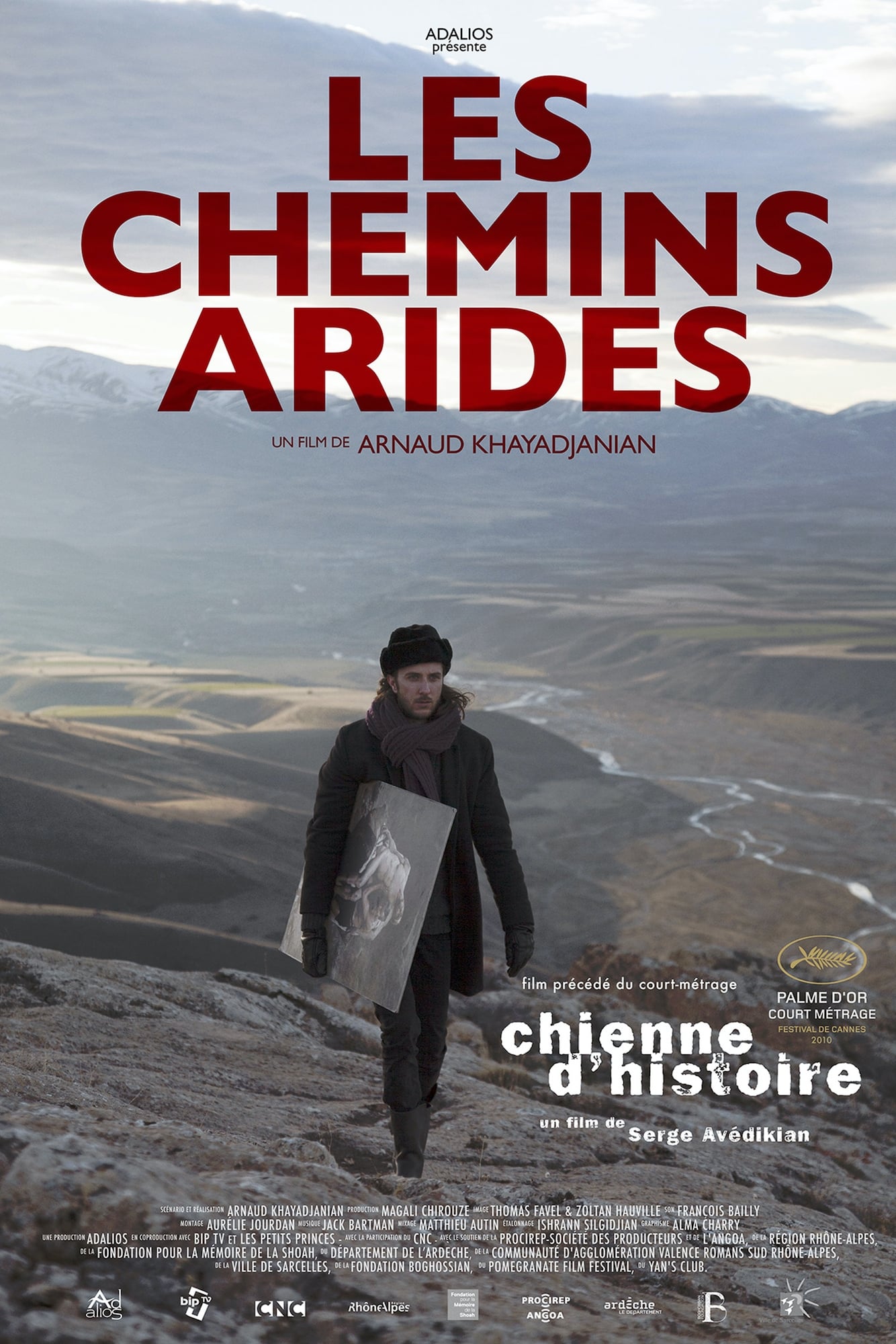
Stony Paths is the story of a walk across Anatolia. Arnaud Khayadjanian starts a trek in Turkey, on the land of his forefathers who survived the Armenian Genocide. Starting from a painting, from encounters and from accounts by his relatives, he goes on exploring the little known issue of the Righteous, all these anonymous people who saved lives in 1915.
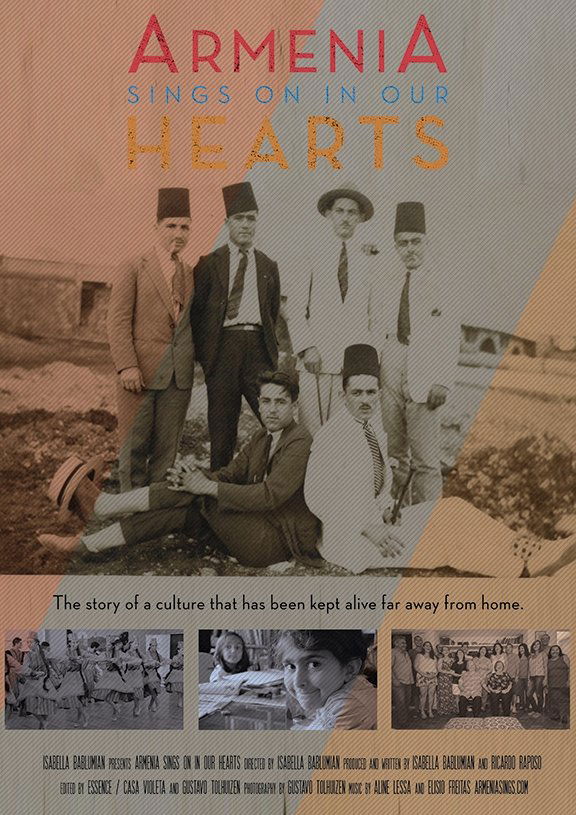
From the beaches of Rio de Janeiro to a cafés in Paris, Armenia Sings On in Our Hearts explores the diversity of the Armenian diaspora. When the massacres forced many Armenians to find a new home, they struggled to overcome numerous difficulties to maintain their identity and keep their culture and spirit alive throughout the world. The film spans several generations to explain the history of the diaspora and what it means to be Armenian today. Through food, music, and dance, viewers can embark on a unique, cultural journey that includes festive celebrations, insightful interviews, and stories that tell of the challenges and success stories in remaining connected to one´s roots while simultaneously redefining what it means to be Armenian.
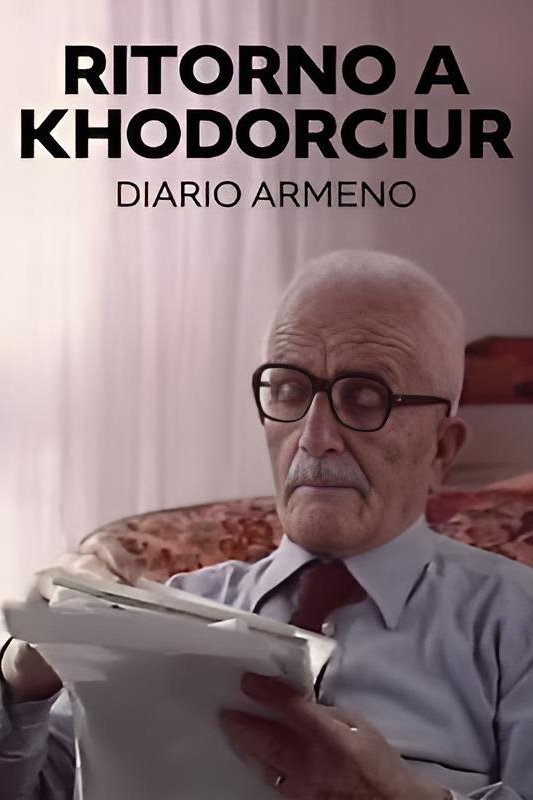
Raphael, Yervant Gianikian's father, survived the Armenian genocide in 1915 in Eastern Turkey. In April 1988, while living in Venice, he sat for his son's camera and read an excerpt from his memoirs, translated from Armenian into Italian.
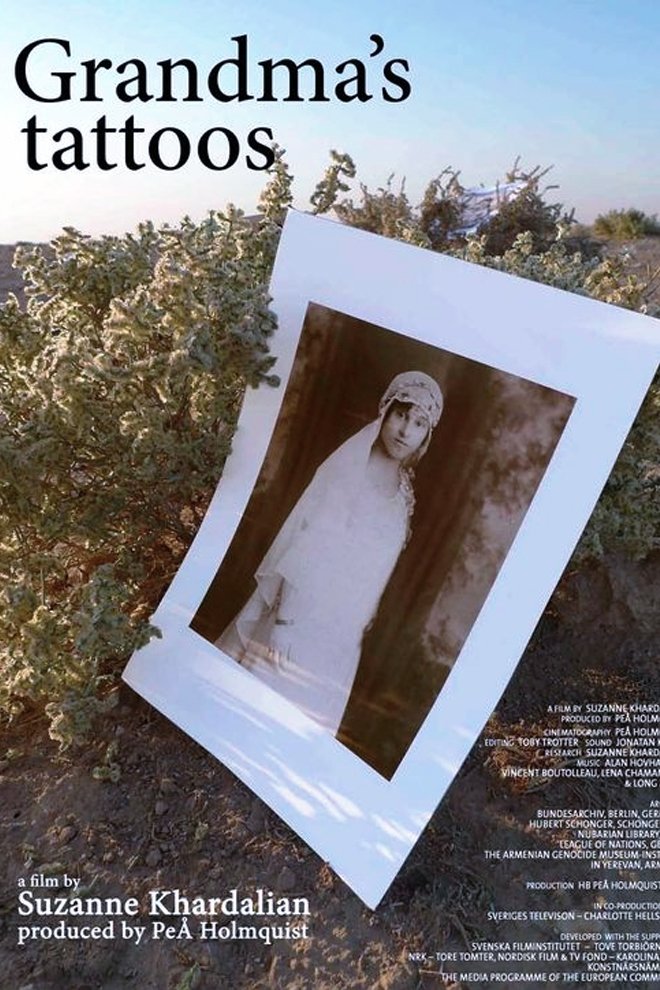
A family story that reveals the fate of the Armenian women driven out of Ottoman Turkey during the First World War. The story of "Grandma's Tattoos" is a personal film about what happened to many Armenian women during the genocide In 1919, just at the end of World War I, the Allied forces reclaimed 90,819 Armenian young girls and children who, during the war years, were forced to become prostitutes to survive, or had given birth to children after forced or arranged marriages or rape. Many of these women were tattooed as a sign that they belonged to abductor. European and American missionaries organized help and saved thousands of refugees who were later scattered all over the world to places like Beirut, Marseille, and Fresno.Director Suzanne Khardalian
By browsing this website, you accept our cookies policy.